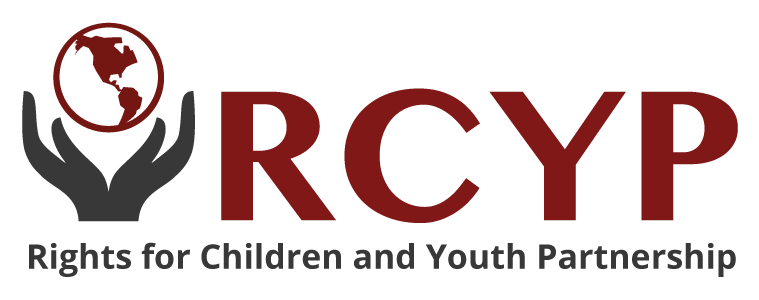- January 11, 2019
A social worker walks into a refugee family’s life,
She uses words like “trauma” and “sacrifice” without understanding their depth
She asks them what they did for a living, reminds them to keep their dreams small and contained
Like the belongings they were forced to keep small and contained enough to carry on a whim
—
The father was a musician
He (forcefully) sacrificed his life for his country
When a bomb fell in his trench, the empty space where his right leg used to be became a constant reminder of that sacrifice
Of that tadhia
Of a forced patriotism
His country rendered him amputee
Then refugee
The mother was forced to leave her entire family behind
Daily dinners turned into tear-filled long distance phone calls
But she brought her trauma, her sadma, with her
Waking up in a panic, mistaking a thunderstorm for bombings
Mistaking nature for war
This is when she felt at home
Their daughters knew they are not meant to be here
That the bomb was inches from taking their father’s life, rendering them unborn
That they were not meant to cross an ocean, to escape the land that birthed them
A land they only knew through their mother’s nightmares and their father’s lyrics
Through words too graceful for the colonial language
“Lift your head up high, you are Iraqi”
—
The social worker tells them they will be leaving the reception centre soon
That applying for social assistance will help them “get back on their feet”
She does not tell them that they may need to shred parts of their cultural identity just to keep up with the pace of this new life
She does not tell them that they are not done running
That the race has just begun
She does not say, “welcome to neoliberal Western democracy”
She does not say, “the myth of meritocracy lives here”
She does not say, “you will be scapegoated for our housing crisis”
Instead, she hands them an application, gives them a warm smile, and asks them if she can offer them anything to drink
As if being forcefully displaced wasn’t already hard to swallow
Author

Sanaria is currently completing her Master’s of Social Work (MSW) at the University of Toronto. She works with the Rights for Children and Youth Partnership (RCYP) project’s sister project, Journey Home: Refugee and Settlement Integration, as a placement student.
The views expressed in this blog post are those of the author and do not necessarily reflect those of the Rights for Children and Youth Partnership project, Ryerson University, or our other partners
